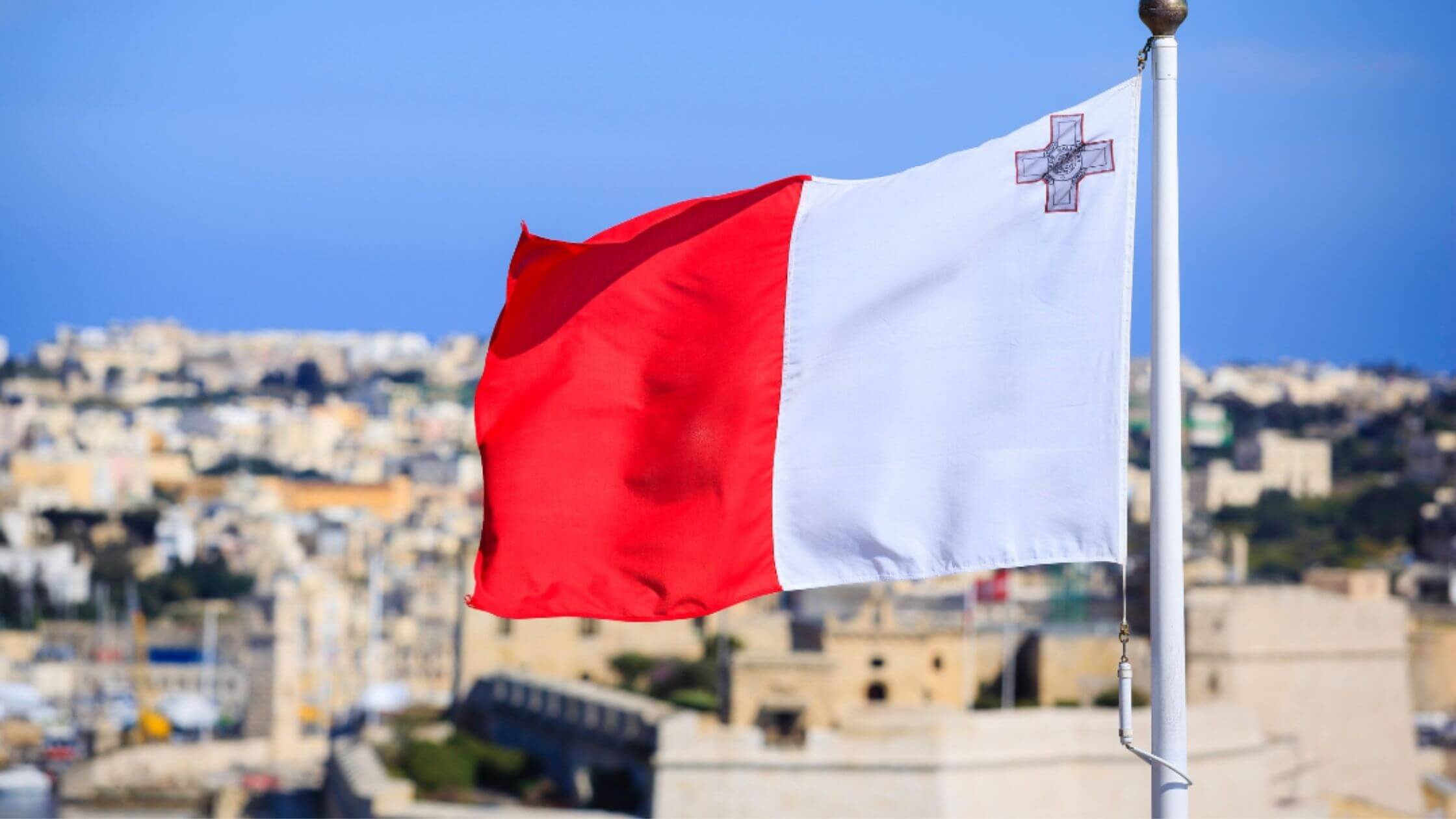Apart from yacht registration being a fast and straightforward process, registering commercial vessels in Malta can be considered very advantageous due to the Maltese favourable tax system, offering special treatment for yachts used for commercial purposes.
By definition, commercial vessels are vessels engaged in commercial operations, which do not carry cargo or more than 12 passengers, and have a minimum overall length of 15 meters.
To register a commercial vessel in Malta one is to follow a standard procedure for yacht registration in Malta. Furthermore, commercial vessels must undergo a specific commercial survey and be granted with a Certificate of Compliance in order to be registered permanently under the Malta flag.
The Certificate of Compliance is subject to renewal every five years, which is to be issued upon a renewal survey carried out by an Appointed Ship Surveyor or by a Recognised Organisation.
Once registered under the Malta flag, Commercial vessels shall abide by the Commercial Yacht Code 2020, developed by the Merchant Shipping Directorate of Transport Malta, which came into force on the 1st January 2021.
1. Tonnage tax regime
The taxation system in Malta is based on the tonnage specifications of the vessels, meaning that income arising from the operations on eligible vessels would be calculated by means of a tonnage tax system. This tax regime exempts any income derived by a licensed shipping organisation that owns, charters or operates a tonnage tax ship from being liable to pay any income tax in Malta.
Such treatment of commercial vessels in Malta helps reduce significant expenses on the operational costs of the vessel.
In order for a company to benefit from this tonnage tax regime, it must be registered as a ‘shipping organisation’ and such activities must be provided for in the company’s constitutive documents.
Any ship of any net tonnage, which is engaged in shipping activities can qualify for this beneficial tax regime, excluding only the following:- fish factory ships, private yachts and ships used primarily for sport or recreation; fixed offshore installations and floating storage units; non-ocean going tug boats and dredgers; ships whose main purpose is to provide goods or services normally provided on land; stationary ships employed for hotel and or catering operations (floating hotels or restaurants); ships employed mainly as gambling and/or casinos (floating or cruising casinos); and non-propelled barges.
Furthermore, such tax exemption is limited solely to the company’s income arising out of Shipping Activities, therefore it is important that Shipping organisations keep distinct accounts for their shipping activities and ancillary related activities. The definition of shipping activities is given in the law as “the international carriage of goods or passengers by sea or the provision of other services to or by a ship as may be ancillary thereto or associated therewith including the ownership, chartering or any other operation of a ship engaged in all or any of the above activities or as otherwise may be prescribed”.
Consequently, given all the above conditions are satisfied, no further tax (besides the Tonnage Tax) will be chargeable on profits generated by the shipping organisation through shipping activities.
This beneficial tax regime is also applicable to ship managers, where the income derived by a ship manager from ship management activities shall be deemed to be income derived from shipping activities and shall be exempt from tax under the Income Tax Act. This provision is mostly applicable to companies offering ship management services to their clients whereby the company has assumed responsibility for either or both of the technical or crew management of a ship.
2. VAT exemptions
Commercial vessels registered under the Malta flag and carrying passengers and operating on high seas are exempt from paying VAT on maintenance costs, chartering, fuelling, provisioning necessary for the vessel and crew/passengers’ supplies. This VAT exemption will only be applicable if the place of supply is Malta.
3. VAT exemptions on acquisition of yachts by Maltese company
When a Maltese shipping company purchases a yacht for commercial purposes it will be exempt from paying VAT.
When importing a vessel into Malta, a standard rate of 18% will automatically be payable. However, if the vessel being imported is a Commercial Yacht, the VAT paid can be reclaimed. A VAT deferment scheme whereby Yachts are exempted from paying VAT, is also available, given that certain conditions are satisfied.
Further information about yacht registration can be found here. For a personalised solution based on your circumstances, we recommend seeking professional assistance.
Yacht Registration with SMM
SMM Group team provides 360-degree support through the process of yacht registration in Malta. Get in touch with our specialists for assistance with the registration of your commercial vessel under the Malta flag. Book a face-to-face or online consultation by filling in the contact form or call +356 2123 7167 for immediate assistance or send us an email at info@smmgroup.com.mt.

